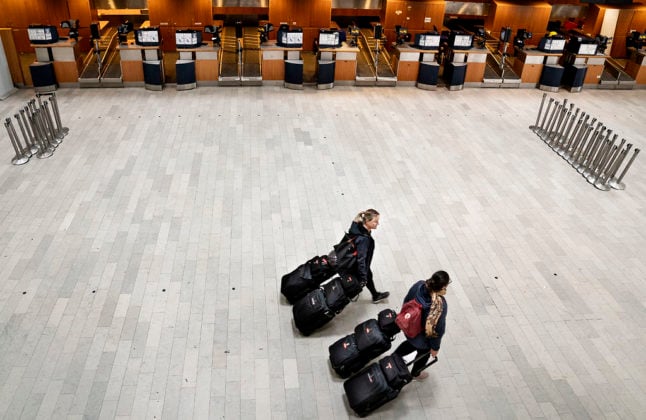The extension to the travel ban was confirmed at a digital press conference on Sunday January 24th, when the Swedish government announced a new travel ban on entry from Norway. The entry ban from the United Kingdom was also extended until February 14th.
On Saturday January 23rd, the Norwegian government introduced a series of very strict restrictions in Oslo and nine more municipalities due to an outbreak of the more contagious B117 coronavirus variant, first identified in Britain.
The British virus mutation already exists in Sweden. So far, about 50 cases have been confirmed, the vast majority of them are linked to people who have been abroad, according to the Swedish Public Health Agency.



 Please whitelist us to continue reading.
Please whitelist us to continue reading.
Member comments